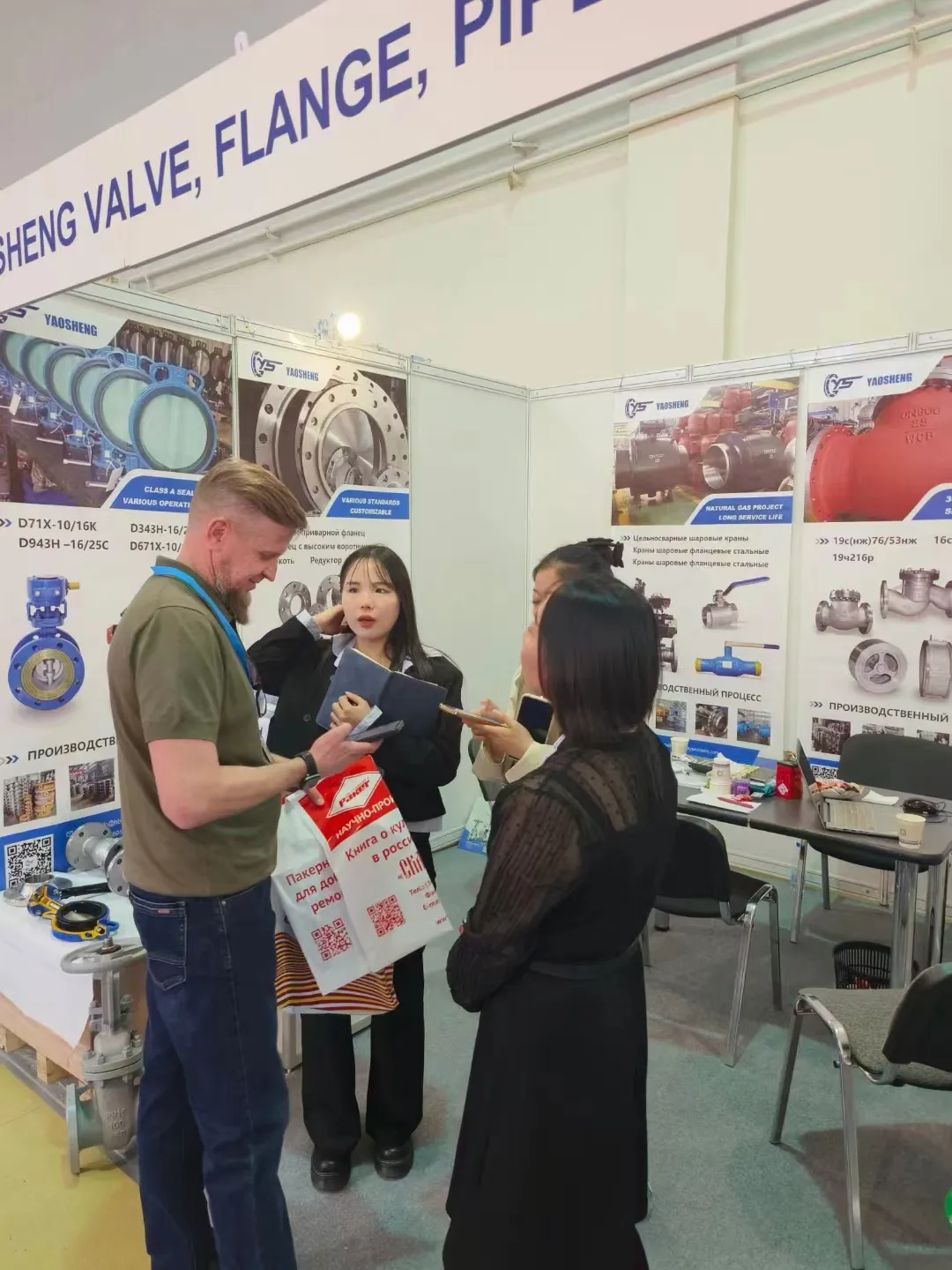pressure seal gate valves
Understanding Pressure Seal Gate Valves An Overview
Pressure seal gate valves are critical components in various industries, particularly those dealing with high-pressure applications such as oil and gas, power generation, and chemical processing. These valves are designed to provide a reliable and efficient means of controlling flow in piping systems, effectively managing the pressures that can build up during operation.
What is a Pressure Seal Gate Valve?
A pressure seal gate valve is a type of valve that utilizes a sealing mechanism that is pressure-activated. When the valve is closed and the internal pressure of the system increases, the pressure forces the gate tightly against the seat, enhancing the seal and minimizing the likelihood of leakage. This unique design allows for superior sealing performance compared to conventional gate valves, particularly in high-pressure environments.
Key Features and Benefits
1. Enhanced Sealing Capability The primary advantage of pressure seal gate valves is their outstanding sealing capability. As the pressure in the pipeline increases, the seal tightens, thereby reducing the risk of leakage and ensuring safety in high-stress systems.
2. Durability These valves are typically constructed from robust materials that can withstand extreme conditions. This includes high temperatures and corrosive substances, making them suitable for a wide range of industrial applications.
3. Low Maintenance Due to their engineered design and materials, pressure seal gate valves require less maintenance compared to other types of valves. This can lead to lower operational costs over the lifespan of the valve.
pressure seal gate valves

4. Versatility Pressure seal gate valves can be employed in various settings, including oil refineries, chemical plants, and water treatment facilities. Their ability to handle fluctuating pressures and temperatures makes them an adaptable choice for many industrial applications.
5. Streamlined Flow The gate design allows for unobstructed flow when the valve is fully open, minimizing pressure drop and ensuring efficient system operation.
Applications
Pressure seal gate valves are widely used in sectors such as petrochemical industries, where they facilitate the control of volatile substances under high pressure. In power plants, they regulate steam for turbines, while in water treatment facilities, these valves help manage the flow of treated water. Their reliability and performance are pivotal in systems where safety and efficiency are paramount.
Choosing the Right Valve
When selecting a pressure seal gate valve, considerations should include the specific requirements of the application—such as temperature, pressure ratings, and the type of fluid being handled. Additionally, it is essential to work with reputable manufacturers who comply with industry standards to ensure the quality and longevity of the valve.
Conclusion
Pressure seal gate valves play a vital role in modern industrial applications, providing essential control over high-pressure systems. Their advanced design offers enhanced safety, durability, and efficiency, making them a preferred choice in industries requiring reliable flow control. As technology continues to evolve, pressure seal gate valves will likely see further improvements, further solidifying their place within critical systems worldwide. Understanding their functioning and benefits can help engineers and technicians make informed decisions, ensuring safe and efficient operation in their respective fields.
-
The Key to Fluid Control: Exploring the Advantages of Ball Valves in Industrial SystemsNewsJul.09,2025
-
The Versatile World of 1, 2, and 3 Piece Ball ValvesNewsJul.09,2025
-
Stainless Steel Ball Valves: The Ideal Choice for Efficient Flow ControlNewsJul.09,2025
-
Optimizing Fluid Control with Ball Float ValvesNewsJul.09,2025
-
Manual Gate Valves: Essential for Control and EfficiencyNewsJul.09,2025
-
Everything You Need to Know About Butterfly ValvesNewsJul.09,2025
-
The Versatility of Wafer Type Butterfly ValvesNewsJul.08,2025




